Saying NO can feel really hard. For many of us, saying NO doesn’t just feel awkward. It feels wrong.
If you have excessive urge to be agreeable you have to ask yourself why it was so important for you to please everyone. So, whenever anyone asks you to do almost anything, you might blurt out, “Yes! Sure! Of course! Happy to!”
You are afraid saying NO because of fear being reject. You might say yes because you don’t want to be seen as difficult or you don’t want to disappoint a good friend or hurt someone’s feelings.
Another reason you say yes, can be your past while growing up, you might have not learned to advocate for yourself.
It’s also possible that you say yes because you deeply want to help.
Here’s the good news: Saying NO is a skill you can sharpen. The more you say No, the more natural it’ll feel.
Saying No Doesn't Mean You're a Bad Person
If saying no is challenging for you, you're not alone.
Saying no is good.
Saying no is one of the best forms of self-care we can engage in, setting boundaries with loved ones and others.
Next is to know your value
You need to realize that you are valuable and choosing your own opinion about yourself over others.
You do not have to live your life depending on others approval.
If your opinion of yourself is low, remember that, your problems do not define you.
It’s okay to make mistakes. What makes a person great is not their looks or achievements, but their willingness to love others, be humble, and grow as a person. You are unique, valuable, and important.
How do you know when to say NO
Start thinking about when it’s best for you to decline, ask yourself questions anytime you’re not positive about how to proceed as:
Besides exploring the above questions, I can help you to achieve it.
Think about the anguish, stress, and resentment that saying yes has caused you. Wouldn’t it be so much easier and straightforward to just say no in the first place?
You may find yourself feeling absolutely terrible about having said yes and you wished that you had just had the guts to say no from the beginning.
It really isn't worth it to say yes when you don’t want to.
Helpful Tips for Saying No
If you want freedom and empowerment, then take control, challenge yourself, and learn to say NO.
If you have excessive urge to be agreeable you have to ask yourself why it was so important for you to please everyone. So, whenever anyone asks you to do almost anything, you might blurt out, “Yes! Sure! Of course! Happy to!”
You are afraid saying NO because of fear being reject. You might say yes because you don’t want to be seen as difficult or you don’t want to disappoint a good friend or hurt someone’s feelings.
Another reason you say yes, can be your past while growing up, you might have not learned to advocate for yourself.
It’s also possible that you say yes because you deeply want to help.
Here’s the good news: Saying NO is a skill you can sharpen. The more you say No, the more natural it’ll feel.
Saying No Doesn't Mean You're a Bad Person
If saying no is challenging for you, you're not alone.
Saying no is good.
Saying no is one of the best forms of self-care we can engage in, setting boundaries with loved ones and others.
Next is to know your value
You need to realize that you are valuable and choosing your own opinion about yourself over others.
You do not have to live your life depending on others approval.
If your opinion of yourself is low, remember that, your problems do not define you.
It’s okay to make mistakes. What makes a person great is not their looks or achievements, but their willingness to love others, be humble, and grow as a person. You are unique, valuable, and important.
How do you know when to say NO
Start thinking about when it’s best for you to decline, ask yourself questions anytime you’re not positive about how to proceed as:
- Will saying yes prevent me from focusing on something that’s more important?
- What are my core values, beliefs, and current goals?
- Will saying yes make me even more tired?
- In the past, when have I said yes and then ended up regretting it?
Besides exploring the above questions, I can help you to achieve it.
Think about the anguish, stress, and resentment that saying yes has caused you. Wouldn’t it be so much easier and straightforward to just say no in the first place?
You may find yourself feeling absolutely terrible about having said yes and you wished that you had just had the guts to say no from the beginning.
It really isn't worth it to say yes when you don’t want to.
Helpful Tips for Saying No
- Unfortunately, I’ll need to pass on this.”
- “I’m sorry, my friend, but I’m not able to.”
- “Sadly, I can’t.”
- “Thanks, but that’s not going to work for me.”
- “No, I’m not able to do that.”
If you want freedom and empowerment, then take control, challenge yourself, and learn to say NO.


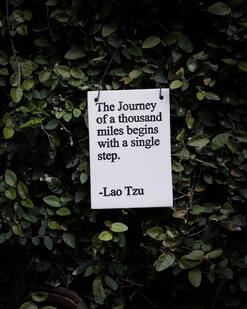
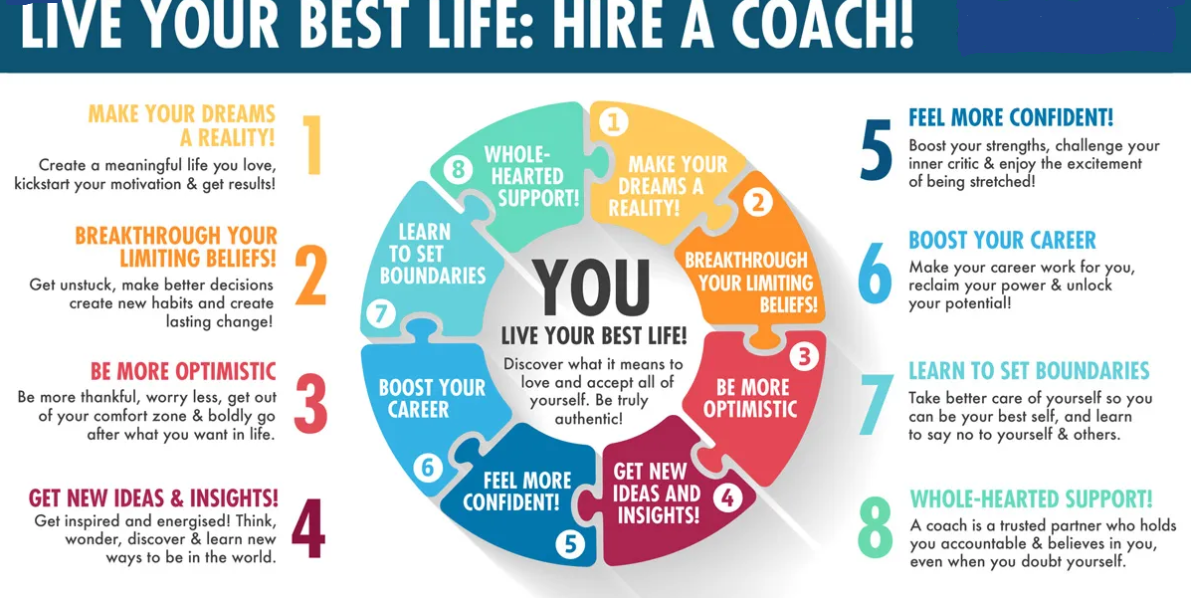
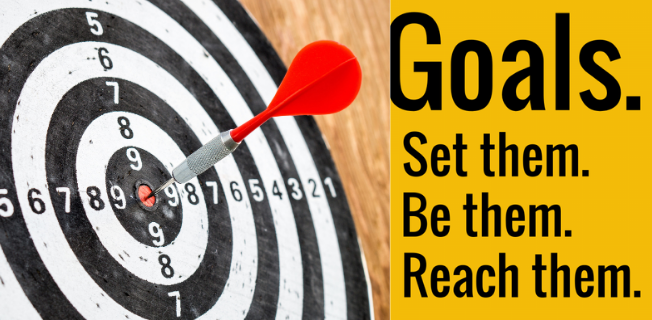




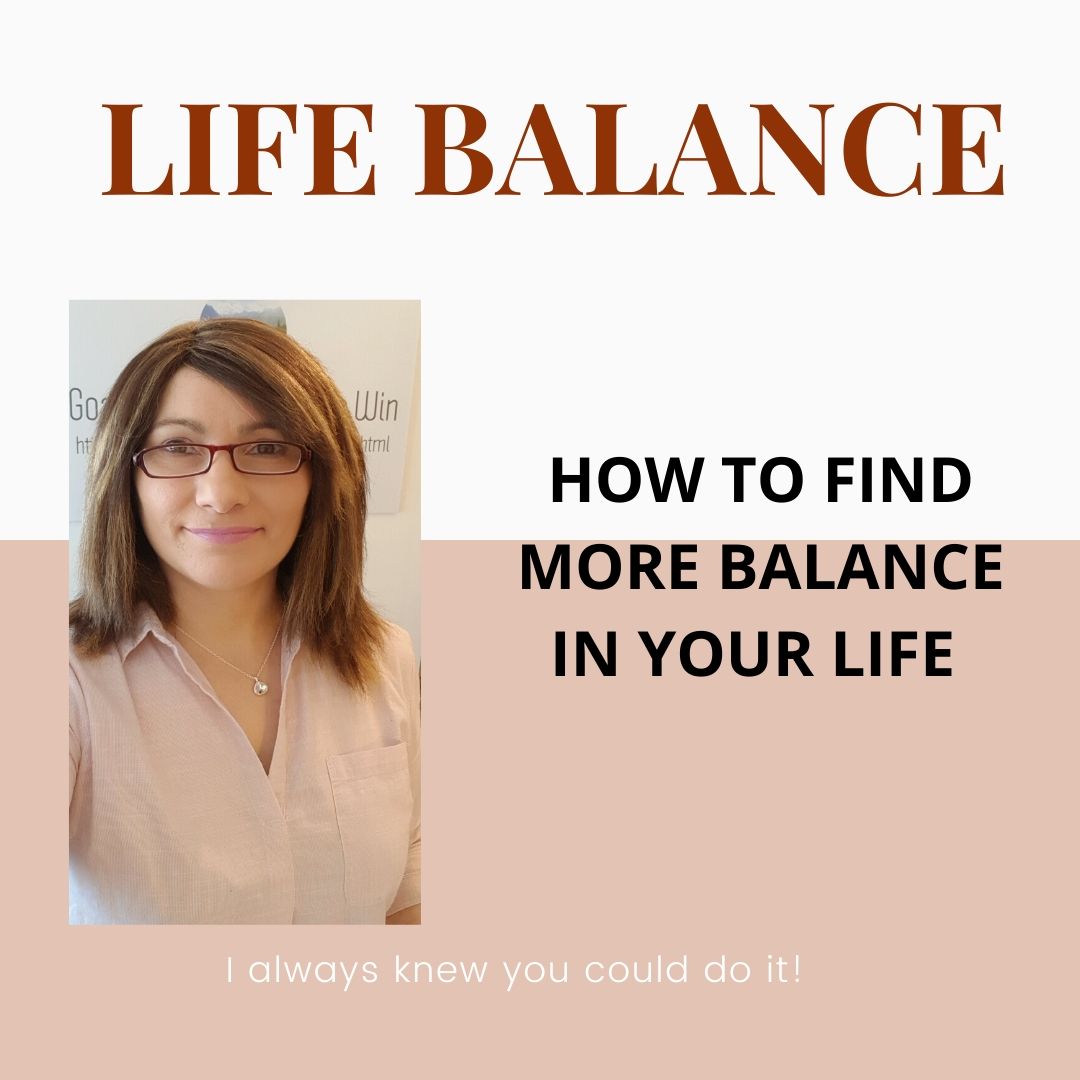
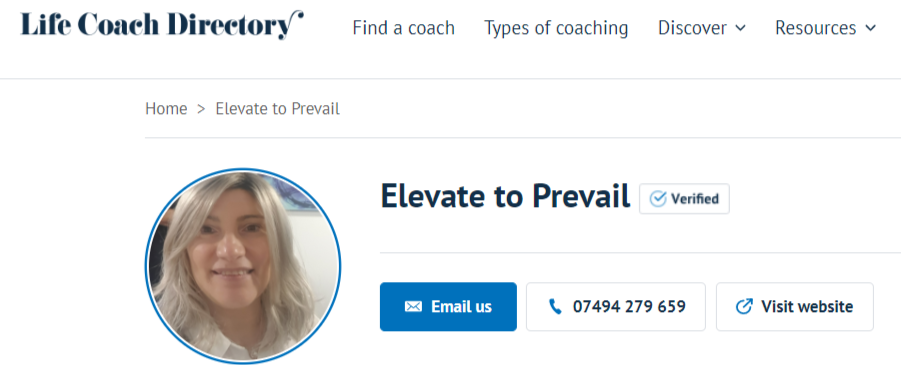

 RSS Feed
RSS Feed
